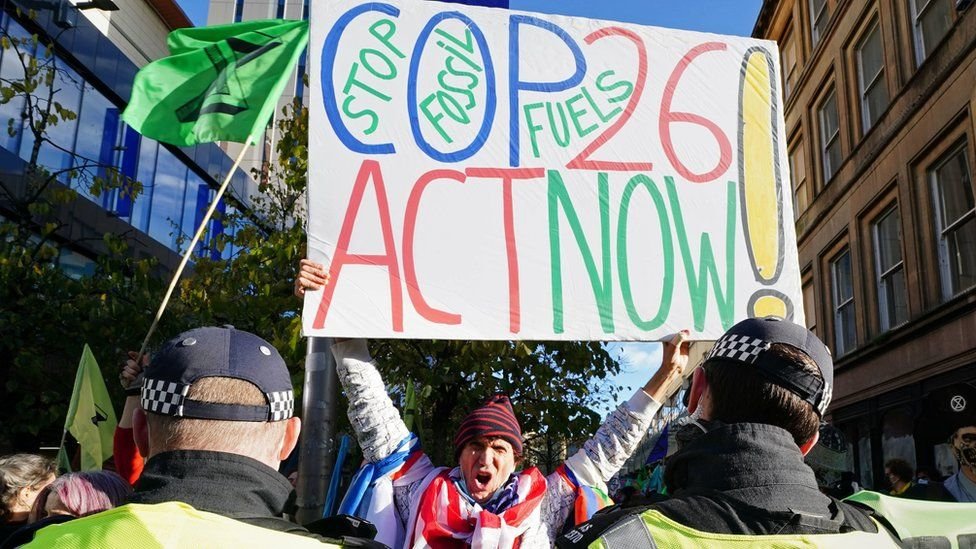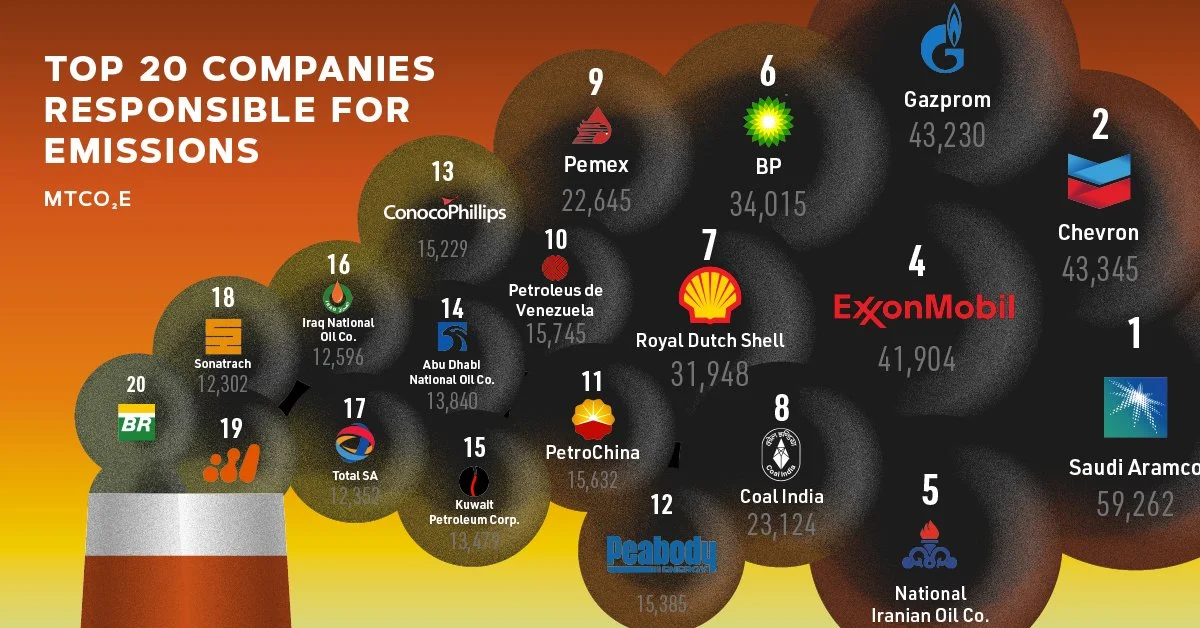How to Tackle Climate Change with APIs
From buying a heat pump at a big box retailer to paying for services with a local HVAC installer, businesses can guarantee that their customers will maximize rebates and tax credits when purchasing qualifying electric appliances.
On Designing Livable Cities for All
Trees are still the most effective and affordable way to sequester carbon. On average, a single tree sequesters 50 lbs of carbon dioxide a year. Over the average 40-year lifespan of most urban trees, that’s roughly 1 ton of carbon dioxide per tree. With an estimated 5.5 billion trees in urban areas alone, you get 137.5 million tons of carbon sequestered from the atmosphere from urban forests every single year and 5.5 billion tons over 40 years — a small investment with a big ROI.
The Role of Carbon Accounting in Systemic Change, Pt. 2
Carbon markets are an opening for corporate enterprise and a distraction from real reduction strategies. In the last few months, I've learned of and compiled a growing list of carbon market APIs and marketplaces that are well-intentioned, but signal opportunities to keep business as usual.
Why the Business of Counting Carbon Needs More Time, Pt. 1
CMAP continues to command a growing space in my free thought. If you've read some of my past calls to climate action, you'll quickly realize that I advocate for individual climate advocacy as a groundswell for major climate action. In the past few years, after learning more about climate change and witnessing very real present-day impacts, I was determined to find my own path to create change.
Why Corporate Emissions Data is the Superpower for Effective Climate Action
Carbon markets and carbon accounting is an interesting sector. Yes, quantifying emissions is critically important to making better decisions, but how can we take it a step further than throwing money at the problem? How can we avoid making offsets the poster child of "business as usual"?
In a World of Climate Solutions, Policy Needs a Boost
Technology is not holding us back. Policy is. From a physical science perspective, despite learning ground truth about the effects of climate extremes on individual regions, the reality is we're not learning new things about climate change. It's an exclusively political problem. The potential mechanisms to solve climate change exist, we just need to put them into place now.







